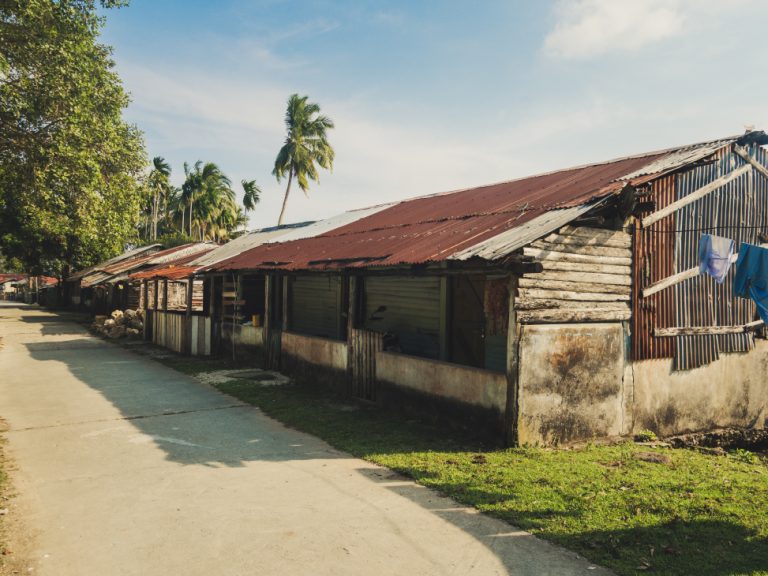Meenakshi Taheem
Last Updated on 14th April 2025

Meenakshi Taheem
Last Updated on 14th April 2025
The Tamil Nadu Housing Board (TNHB) is a pivotal institution dedicated to providing affordable housing solutions to the residents of Tamil Nadu. Established in 1961, TNHB aims to cater to the housing needs of various sections of society, including the economically weaker sections (EWS), low-income groups (LIG), and middle-income groups (MIG). As we look ahead to 2024, TNHB continues to roll out numerous schemes designed to make homeownership a reality for many. This comprehensive guide explores the key schemes, eligibility criteria, and benefits of the TNHB initiatives.
Table of Contents
The Tamil Nadu Housing Board (TNHB) was established with the objective of facilitating the development and distribution of residential units across the state. The board focuses on creating well-planned and sustainable housing projects that include flats, houses, and plots, ensuring all amenities and infrastructure are in place.
The Samathuvapuram Scheme is an initiative aimed at promoting social equality by providing affordable housing to diverse socio-economic groups. This scheme focuses on creating integrated communities where people from different backgrounds can live together harmoniously.
This scheme, part of a larger national initiative, aims to provide free housing to economically weaker sections. The Modi Free House Scheme in Tamilnadu aligns with the PMAY (Pradhan Mantri Awas Yojana) and focuses on delivering quality housing with essential amenities at no cost to the beneficiaries.
Catering to the middle-income group, the Middle-Class Tamil Nadu House scheme offers affordable housing options in prime locations. These housing units are designed to meet the needs of middle-class families, providing comfortable living spaces with necessary facilities.
The PM House Scheme in Tamilnadu, also known as the Pradhan Mantri Awas Yojana (PMAY), aims to provide affordable housing to all urban poor by 2022. This scheme offers financial assistance and subsidies to eligible beneficiaries to purchase or construct homes.
The Government House Scheme in Tamilnadu encompasses various state-sponsored initiatives to provide affordable housing solutions. These schemes are designed to assist low-income and economically weaker sections in becoming homeowners.
Suggested read: West Bengal Housing Board Schemes
Applying for a housing scheme through the Tamil Nadu Housing Board is a straightforward process. Here’s how you can apply:
Suggested read: GPRA Housing Scheme
To apply for any TNHB scheme, applicants must meet specific eligibility requirements. Generally, the criteria include:
The income criteria for TNHB Housing schemes are designed to ensure that housing solutions are accessible to those who need them the most. Below are the slabs for quick information:
| Categories | Annual Income (in rupees) |
| Economically Weaker Section (EWS) | Up to Rs. 1,44, 000 |
| Low-Income Group (LIG) | Rs. 1,44, 001 to Rs. 2,16,000 |
| Middle-Income Group (MIG) | Rs. 2,16,001 to Rs. 4,44,000 |
| High-Income Group (HIG) | Rs. 4,44,001 to Rs. 7,44,000 |
The Tamil Nadu Housing Board offers various types of houses, including:
The TNHB schemes offer several advantages:
1. Affordability
Provides housing options at subsidized rates, making homeownership accessible to various income groups.
2. Quality Infrastructure
Ensures the development of well-planned residential areas with essential infrastructure such as roads, water supply, electricity, and sewage systems.
3. Government Support
Backed by the government, ensuring transparency and reliability in the allocation process.
4. Subsidized Loans
Facilitates access to home loans with favorable terms and competitive interest rates, reducing the financial burden on the beneficiaries.
As of 2024, the Tamil Nadu Housing Board has announced several new initiatives to enhance housing accessibility:
Launching more affordable housing schemes to meet the growing demand for homes among low and middle-income groups. On February 19, 2024, Finance Minister Thangam Thennarasu announced the “Kalaignarin Kanavu Illam” project to build 8 lakh concrete homes in rural areas by 2030, with a budget of ₹3,500 crore. Aimed at social justice and poverty reduction, the project saw an additional ₹3,100 crore approved on March 23 for constructing 1 lakh homes, with ₹3.10 lakh aid per home.
Integration of smart city concepts in new housing projects to provide sustainable and technologically advanced living spaces.
Emphasis on eco-friendly housing solutions to promote environmental conservation.
Introduction of an online application process to make it easier for residents to apply for housing schemes and loans.
The Tamil Nadu Housing Board continues to play a vital role in providing affordable housing solutions to the residents of Tamil Nadu. With a range of schemes catering to different income groups and the support of government initiatives like the PM House Scheme in Tamilnadu and the Modi Free House Scheme in Tamilnadu, TNHB ensures that homeownership is within reach for many. For more detailed information on specific schemes and to apply, visit the Tamil Nadu Housing Board website or contact the nearest TNHB office.
The free house scheme in Tamil Nadu, known as the Modi Free House Scheme, provides free housing to economically weaker sections, aligning with the Pradhan Mantri Awas Yojana (PMAY).
Yes, the Tamil Nadu Housing Board (TNHB) has a grievance redressal mechanism that includes an online portal, customer care services, office visits, and email/postal services for lodging complaints.
Payments can be made online via the TNHB website, through bank transfers (NEFT/RTGS), by visiting TNHB offices or designated banks for cheque/demand draft payments, or through automated payment plans.
Core activities include housing development, infrastructure development, affordable housing schemes, commercial and institutional projects, urban planning, and home loan facilitation.
Income categorizations are:
EWS: Up to Rs. 1,44, 000 per annum
LIG: Rs. 1,44, 001 to Rs. 2,16,000 per annum
MIG: Rs. 2,16,001 to Rs. 4,44,000 per annum
HIG: Rs. 4,44,001 to Rs. 7,44,000 per annum